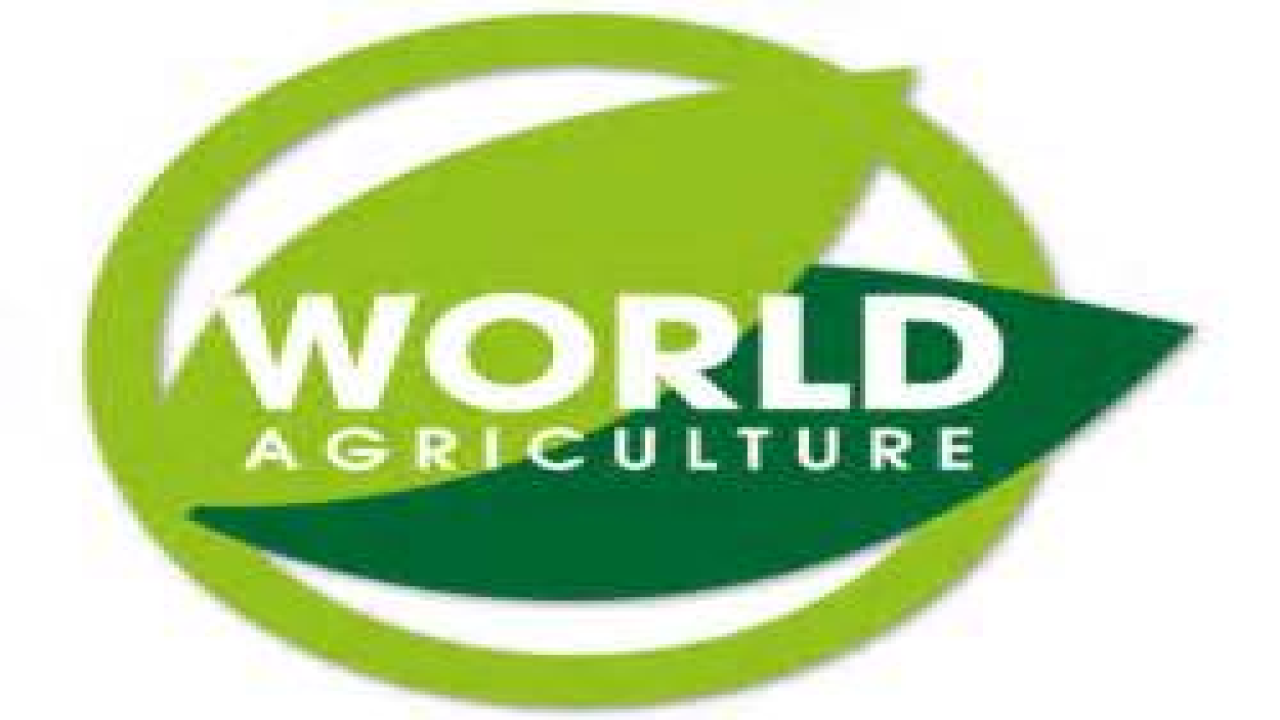World Agriculture
Agriculture is a critical sector of the global economy, providing food and raw materials for people and industries around the world. The typology of agricultural regions refers to the different types of agricultural systems and practices that exist in different parts of the world.
Meaning and History of World Agriculture
World agriculture refers to the production of food and raw materials in different parts of the world. Agriculture has been a critical component of human societies for thousands of years, and has played a significant role in the development of civilizations and economies.
Types of Agricultural Regions
- Subsistence Agriculture: Subsistence agriculture refers to the production of food for the consumption of the farmer and his family. This type of agriculture is common in many developing countries, where small-scale farmers rely on traditional farming practices to produce food for their own consumption.
- Commercial Agriculture: Commercial agriculture refers to the production of crops and livestock for sale in the market. This type of agriculture is common in developed countries, where large-scale farms use modern technologies and practices to produce food and raw materials for industries and consumers.
- Mixed Agriculture: Mixed agriculture refers to a combination of subsistence and commercial farming practices. This type of agriculture is common in many developing countries, where small-scale farmers use traditional and modern farming practices to produce food for their own consumption and for sale in the market.
Examples of Agricultural Regions
- Southeast Asia: Southeast Asia is home to a significant amount of subsistence agriculture, with small-scale farmers relying on traditional farming practices to produce food for their own consumption.
- North America: North America is home to a significant amount of commercial agriculture, with large-scale farms using modern technologies and practices to produce food and raw materials for industries and consumers.
Issues in Agricultural Regions
- Food Security: Ensuring food security is a critical issue in many parts of the world, where access to food is limited due to poverty, conflict, and natural disasters.
- Environmental Impacts: The production of food and raw materials can have significant environmental impacts, including deforestation, soil erosion, and pollution.
- Economic Impacts: Agriculture can have significant economic impacts, both positive and negative, including job creation, income generation, and economic growth, but also social inequalities and rural-urban migration.
Strategies for Addressing Agricultural Regions
- Promoting Sustainable Agriculture: Promoting sustainable agriculture is critical for addressing the environmental and social impacts of agriculture. This includes promoting sustainable farming practices, such as organic farming, agroforestry, and conservation agriculture.
- Encouraging International Cooperation: Encouraging international cooperation is essential for addressing food security and the economic challenges facing agricultural regions. This includes promoting collaboration between countries and regions on agriculture policy, research and development, and trade.
- Investing in Technology and Innovation: Investing in technology and innovation is critical for addressing the challenges facing agricultural regions. This includes developing new technologies for crop and livestock production, as well as new technologies for food processing and distribution.


